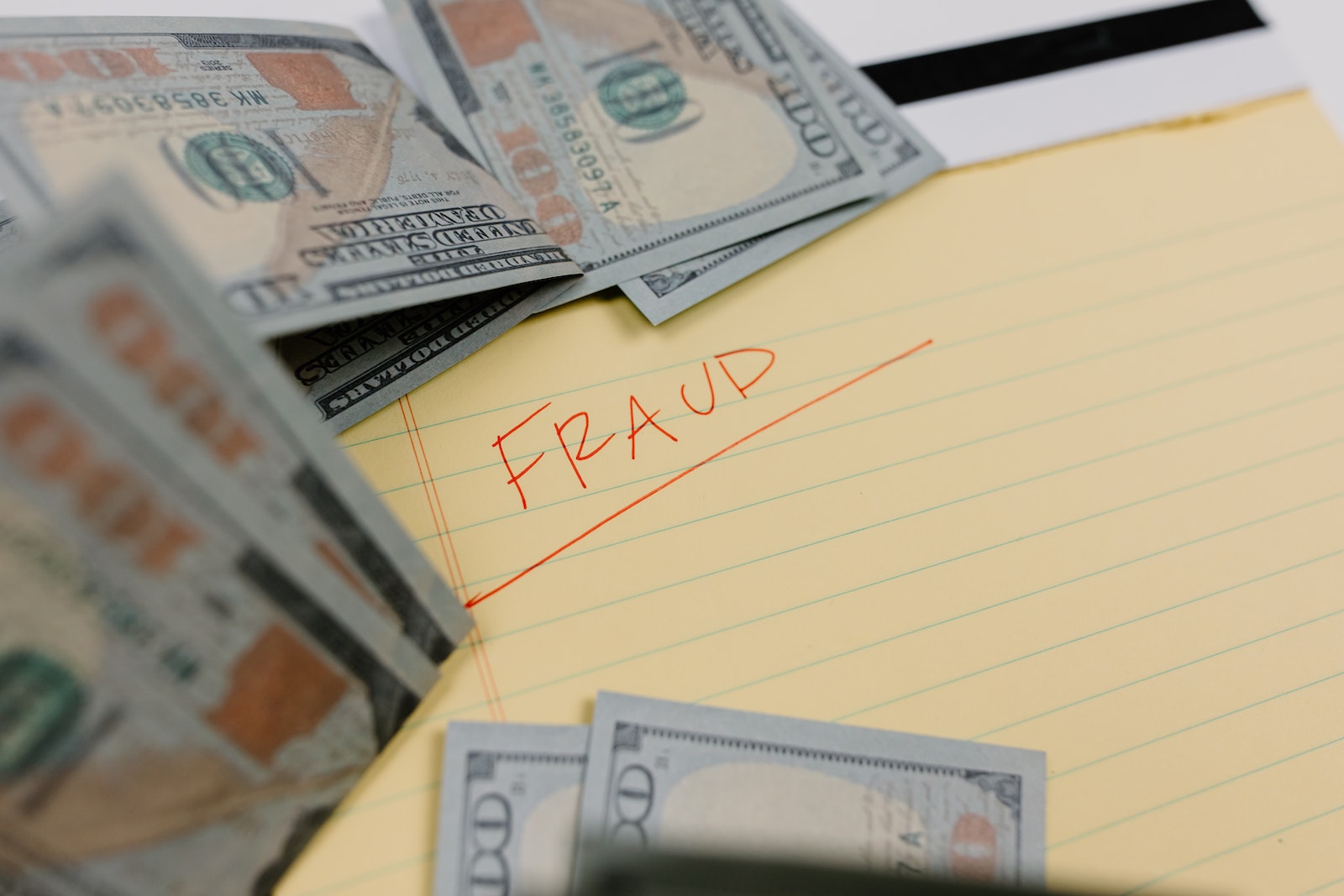Share this article with your network of friends!
The infamous “Prince in Nigeria” scam, also known as the advance-fee scam, is one of the most prevalent forms of online fraud targeting unsuspecting individuals, including seniors. Scammers often prey on seniors’ trust and generosity, attempting to deceive them into sending money or personal information. In this article, we will discuss the “Prince in Nigeria” scam, its typical characteristics, and provide valuable tips on how seniors can protect themselves and avoid falling victim to this or similar scams.
1. Understanding the “Prince in Nigeria” Scam:
– The Approach: Scammers typically send unsolicited emails or messages claiming to be a wealthy individual, often a prince or a high-ranking official from a foreign country, seeking assistance to transfer a large sum of money out of their country. They promise a significant reward in return for the recipient’s help.
– Emotional Manipulation: Scammers use emotional manipulation, playing on the recipient’s empathy, and their desire for financial gain. They often create elaborate stories, citing political unrest, family crises, or legal complications to convince victims of their authenticity and urgency.
– Request for Money or Personal Information: The scammer will eventually ask the victim to provide money for transaction fees, legal expenses, or other seemingly legitimate reasons. They may also request personal information, such as bank account details or identification documents, under the guise of facilitating the transaction.
2. Tips to Avoid Falling Prey to Scams:
– Be Skeptical: Maintain a healthy skepticism towards unsolicited emails, messages, or phone calls from unknown individuals, especially those promising large sums of money or extraordinary opportunities. Remember, if something sounds too good to be true, it probably is.
– Verify the Identity: Conduct thorough research and independently verify the identity and claims of individuals or organizations before engaging further. Use reputable sources, such as official websites or direct contact with known authorities, to confirm the legitimacy of any offers or requests.
– Guard Personal Information: Avoid sharing personal information, such as bank account details, Social Security numbers, or copies of identification documents, with individuals or organizations you do not know and trust. Legitimate institutions will never ask for sensitive information through unsolicited emails or calls.
– Practice Online Safety: Maintain strong and unique passwords for your online accounts. Be cautious when clicking on suspicious links or downloading attachments from unknown sources, as they may contain malware or phishing attempts designed to steal your personal information.
– Consult Trusted Individuals: Seek advice from family members, friends, or professionals before making any financial decisions or providing personal information. An extra set of eyes can help identify potential scams or fraudulent activities.
– Report Suspicious Activities: If you encounter a scam or suspect fraudulent activity, report it to your local authorities, the Federal Trade Commission (FTC), or the appropriate law enforcement agencies in your country. Reporting such incidents can help prevent others from falling victim to the same scam.
Protecting oneself from scams like the “Prince in Nigeria” fraud requires vigilance, skepticism, and a proactive approach to online safety. By staying informed, practicing caution, verifying identities, guarding personal information, and seeking advice from trusted sources, seniors can significantly reduce their vulnerability to these scams. Remember, scammers prey on trust and generosity, so it is essential to maintain a healthy skepticism and be wary of unsolicited offers or requests. By being proactive and educated, seniors can navigate the online landscape safely and avoid falling prey to scams, protecting their financial well-being and personal information.
DISCLAIMER: This website contains articles for informational and entertainment purposes only. No articles on this website should be considered as professional advice for any medical, legal, or financial matter. Advertisements and content may contain affiliate links, where the website earns a commission for sales derived from our users.






[…] Beware of Scams: Registering your number on the National Do Not Call Registry is free and does not require any payment or personal information beyond your phone number. Beware of scams claiming to offer registry services for a fee or requesting additional information. […]